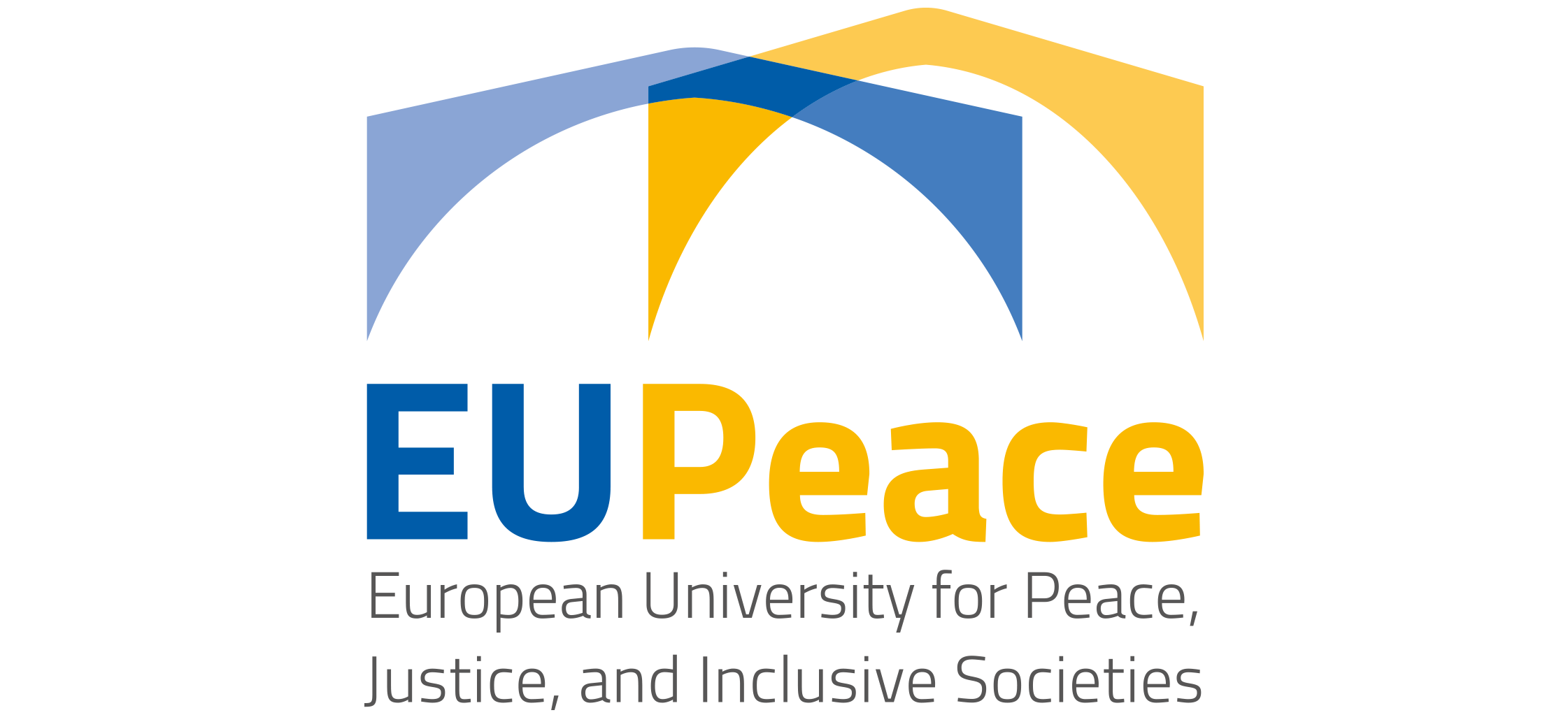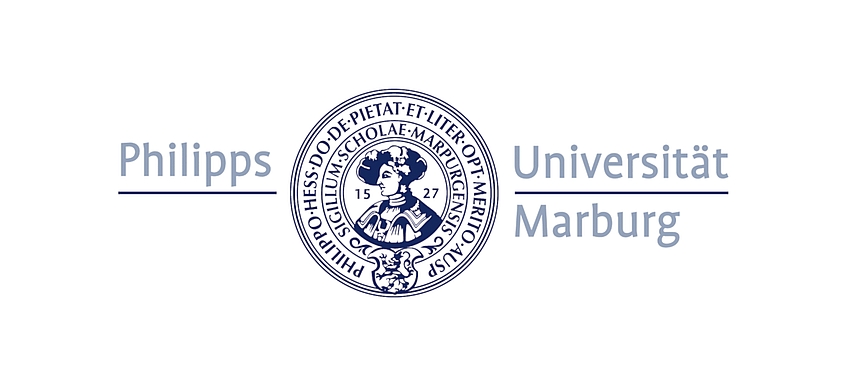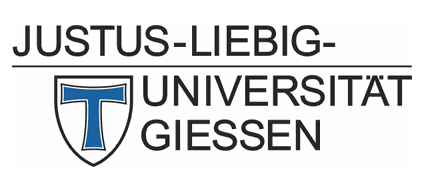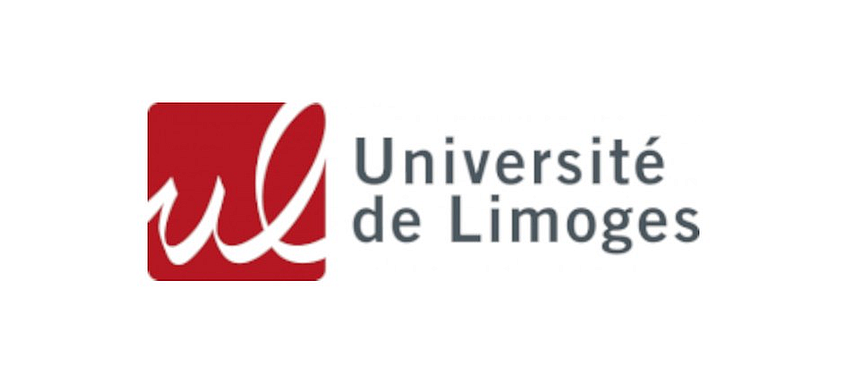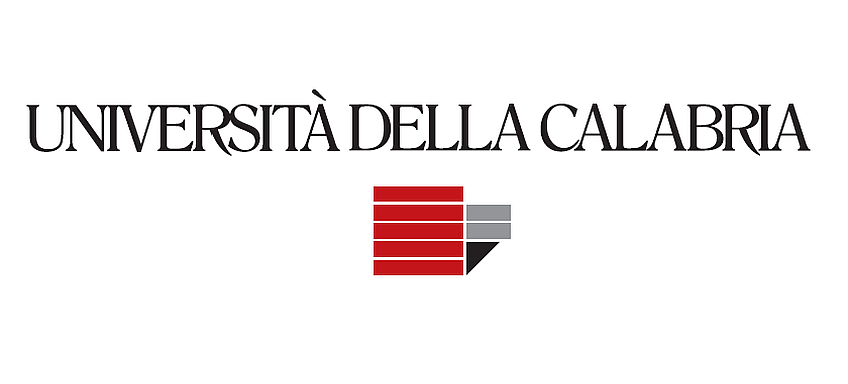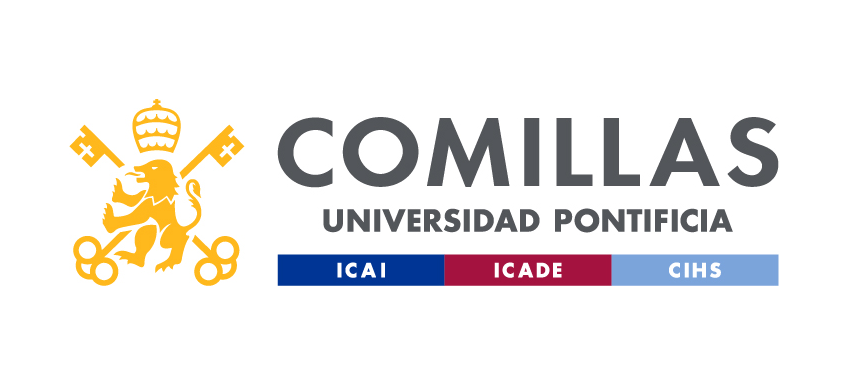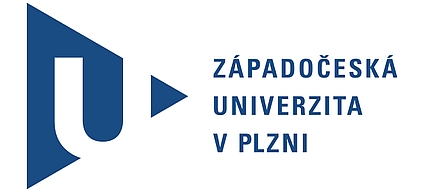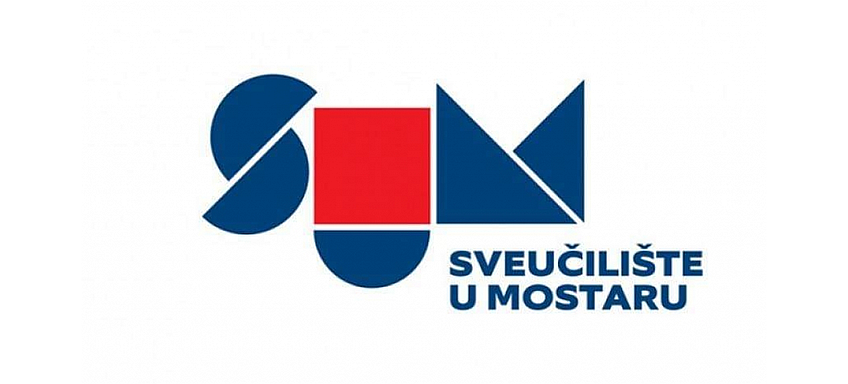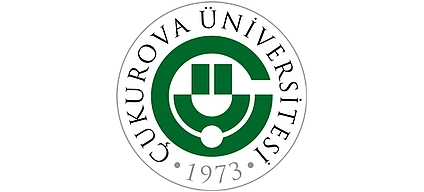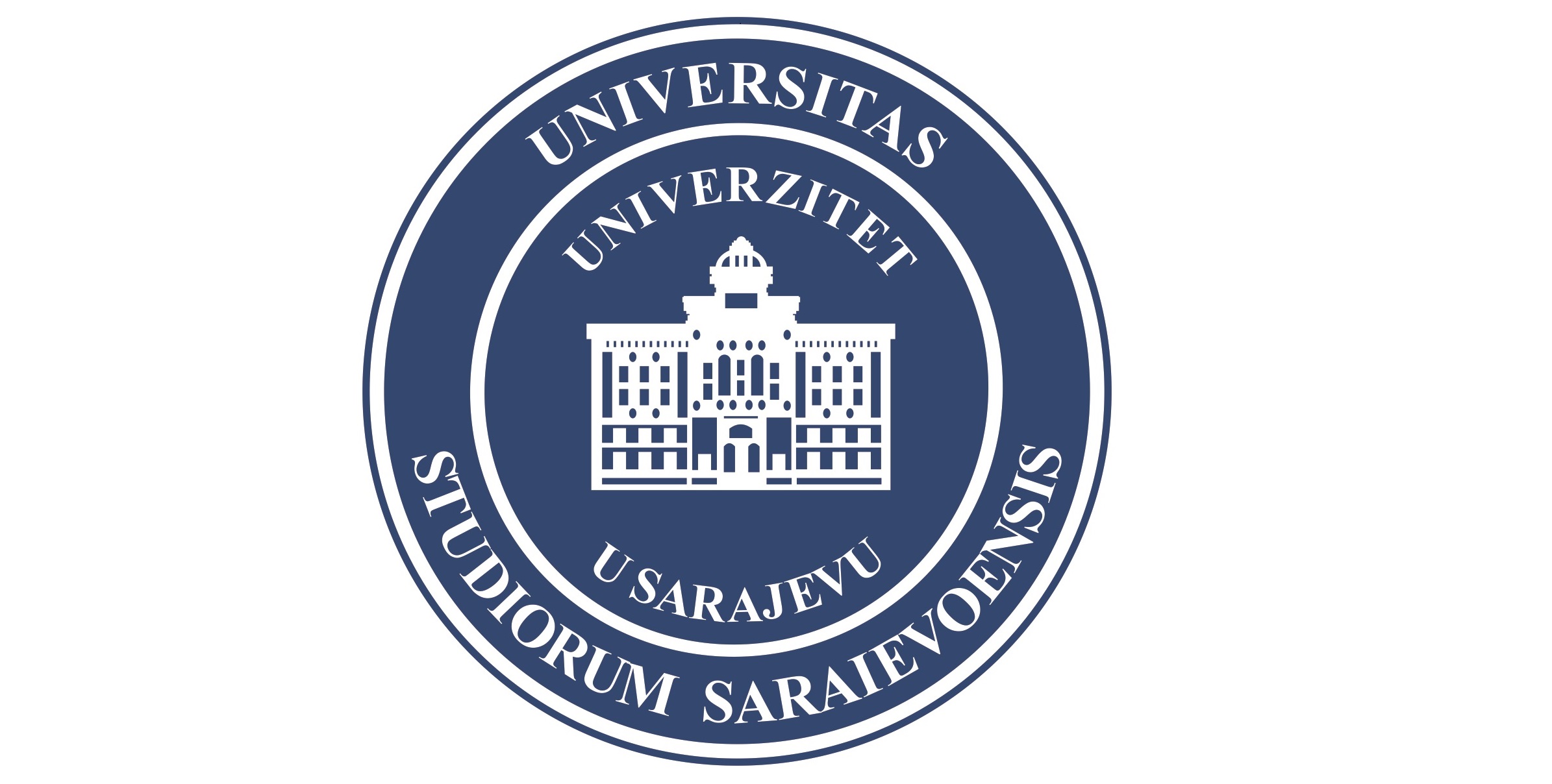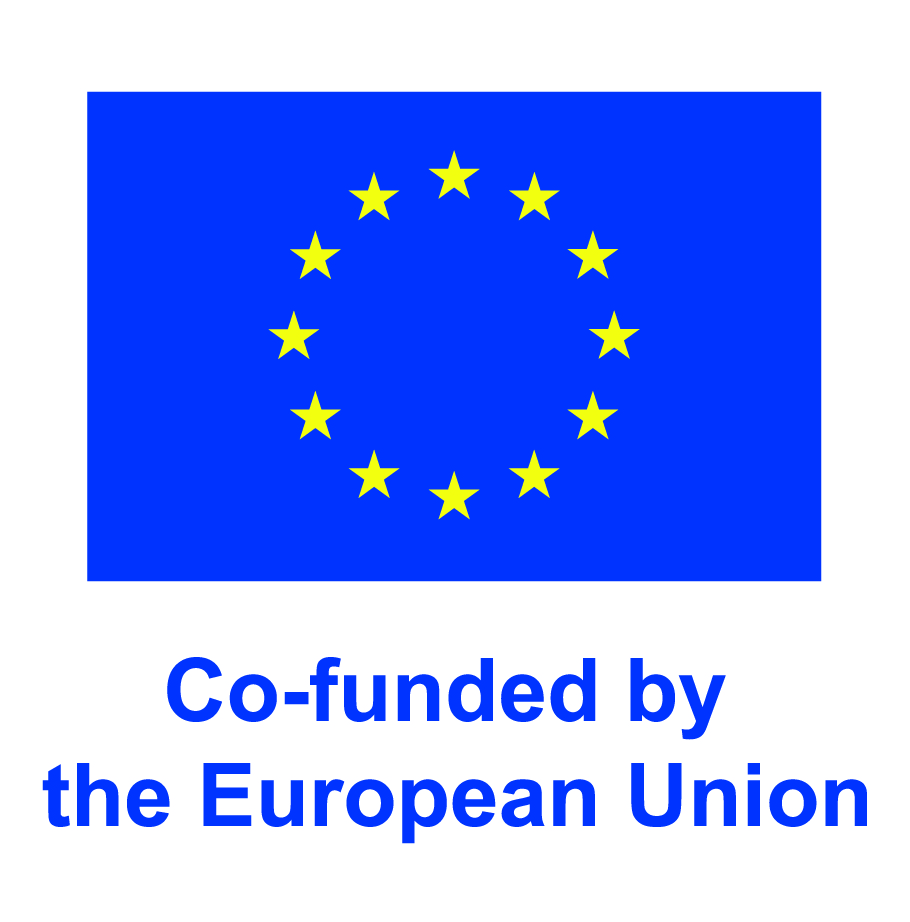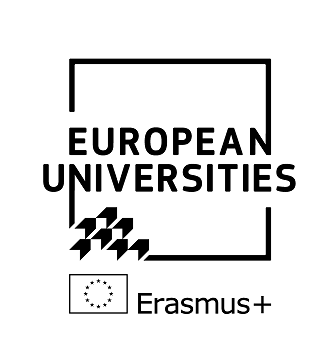Main Content
"The Historicities of Security and Peace" Research Impact Conference 2024
09th - 11th October 2024, Philipps University Marburg
Peace and security are key concepts informing the conduct of politics on both the global level and in domestic and transnational dynamics across different epochs. Yet, concepts of peace and security have been contested throughout history and still cause controversy today. While peace is a fundamental human value and at the heart of the Charter of the United Nations, it has been instrumentalized by imperial powers as well as authoritarian regimes and subsumed under agendas of civilization, social control, development and conquest. At the same time, the very idea of peace, just like scholarship and movements dedicated to it, has faced scrutiny and outright rejection in situations of unprovoked aggression and terrorism. This can currently be seen in the light of the war of aggression against Ukraine and the Israel-Gaza war. In contrast, security research has been epistemically dominated by military, strategic and adjacent fields of scholarship and policy for a long time. Only in recent years has it been reclaimed by critical and feminist perspectives challenging long-standing ideas and concepts. As both interpretation scheme and repertoire, security is employed to determine relevant threats as well as to shape reactions to them. Such interpretations and practices of security are often contested and change over time. The – at times paradoxical – affinity between peace and security, their contested character, their contextuality and, not least, their historicity connects both concepts.
This conference is jointly organized by the Collaborative Research Center “Dynamics of Security”, the Center for Conflict Studies as their biennial “Center Days” (Zentrumstage) and the EUPeace Research Hub “Security and Conflict Transformation”. It invites contributions that critically engage with the rich and complicated legacies, epistemic ecologies and practical repertoires of peace and security in either historical perspectives or with a view to present and future challenges and potentials.
